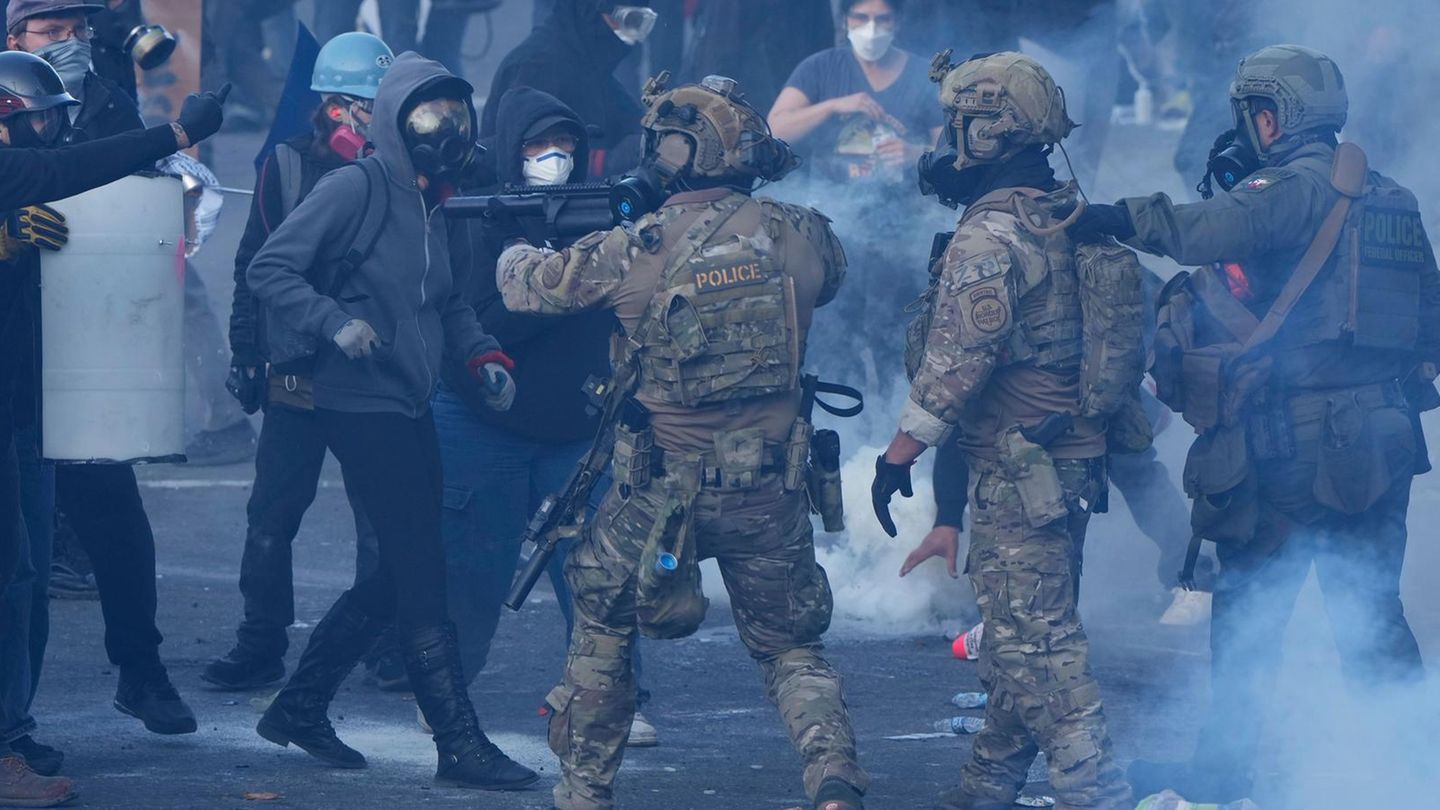So far there hasn’t been much of an impact on the German labor market from the economic downturn. The employment agencies are now expecting a slowdown.
The situation on the German labor market is deteriorating. The monthly labor market barometer of the Nuremberg Institute for Labor Market and Occupational Research (IAB) fell by 0.7 points in September and reached 99.8 points, the lowest value since the Corona crisis in 2020.
The barometer asks about the expectations of all German employment agencies for the next three months. It is therefore considered an early indicator of the future development of the labor market.
A value of 100 is considered a neutral outlook, a value below 100 indicates a negative development. Except in the Corona months of April to October 2020, the barometer, which has been created in this form since 2011, has never been below 100. According to the IAB, a similar development is emerging at the European level.
The index value is formed from several components. The unemployment component fell in September for the fifth time in a row and now stands at just 97 points. This signals how high the risk of becoming unemployed is. The employment component, which provides an indication of companies’ willingness to hire, also fell, but is still above the neutral value at 102.6 points.
Ifo Institute: Dampening willingness to hire
“The labor market prospects are somewhat weaker than at the end of 2012 during the euro crisis, the last recession before Corona, said Enzo Weber, head of the IAB research department for forecasts and macroeconomic analysis. “The employment agencies expect that employment growth will be significantly lower. “But they still don’t expect a slowdown,” emphasized Weber. Employment in Germany is still at a record level.
The Ifo Institute expressed itself somewhat more pessimistically. “The willingness of companies in Germany to hire has suffered a setback,” says a statement from Munich economic researchers. The Ifo employment barometer has fallen to its lowest value since February 2021. “The robust increase in employment over the last few months has come to a standstill,” said Klaus Wohlrabe, head of ifo surveys. “Due to a lack of orders, positions that become vacant are filled more cautiously.”
Source: Stern




